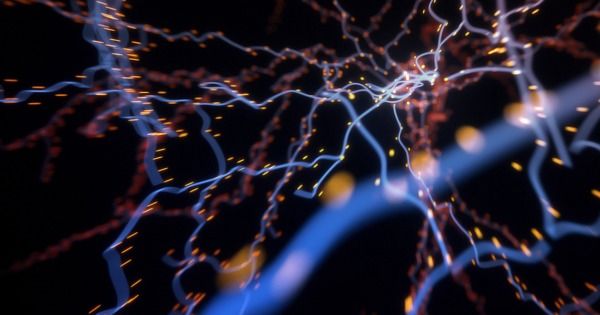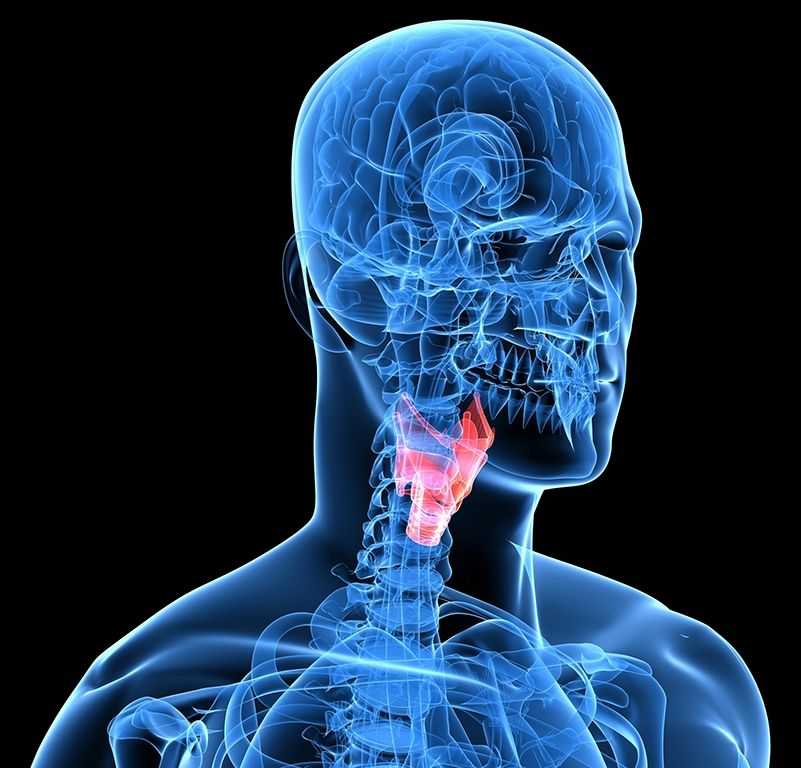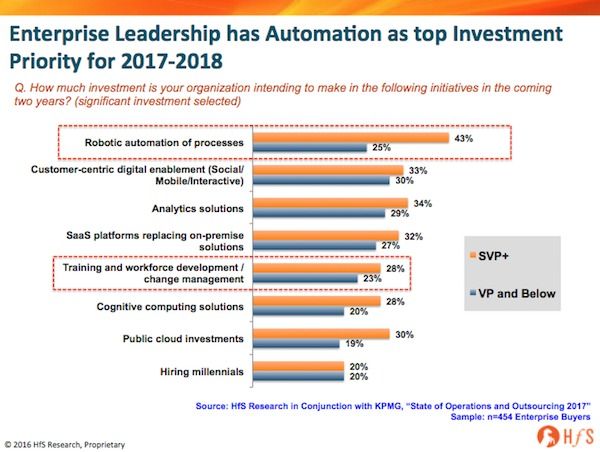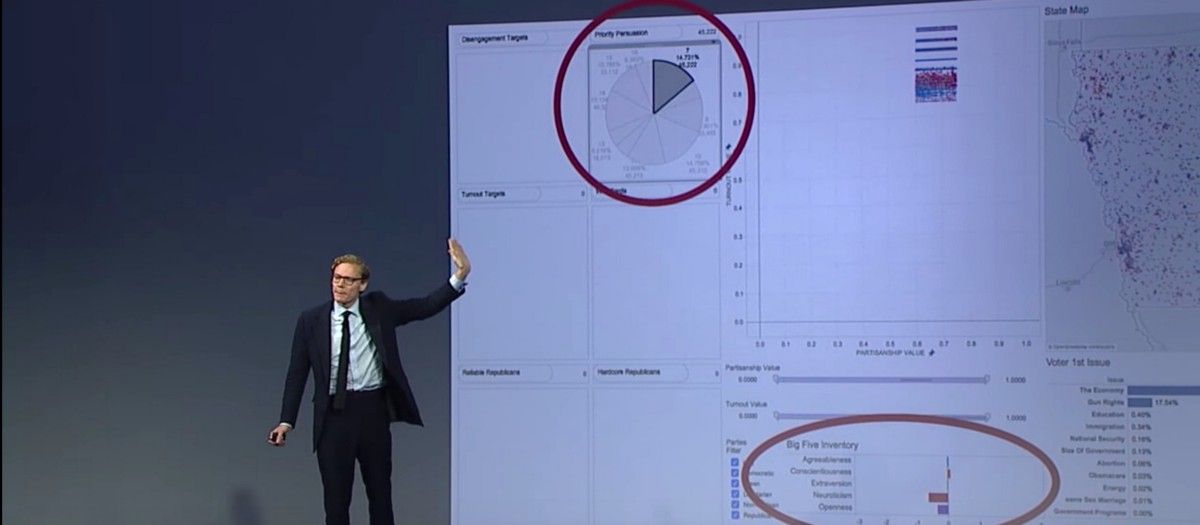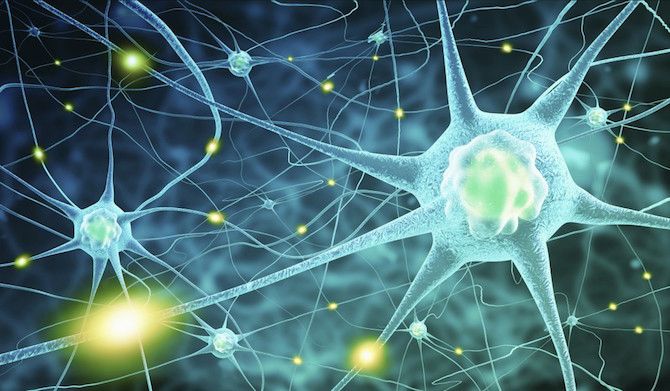Jan 3, 2017
Dog fight: Start-ups take aim at errant drones
Posted by Dan Kummer in categories: drones, government, robotics/AI
N” A boom in consumer drone sales has spawned a counter-industry of start-ups aiming to stop drones flying where they shouldn’t, by disabling them or knocking them out of the sky.
Dozens of start-up firms are developing techniques — from deploying birds of prey to firing gas through a bazooka — to take on unmanned aerial vehicles (UAVs) that are being used to smuggle drugs, drop bombs, spy on enemy lines or buzz public spaces.
The arms race is fed in part by the slow pace of government regulation for drones.
Continue reading “Dog fight: Start-ups take aim at errant drones” »


